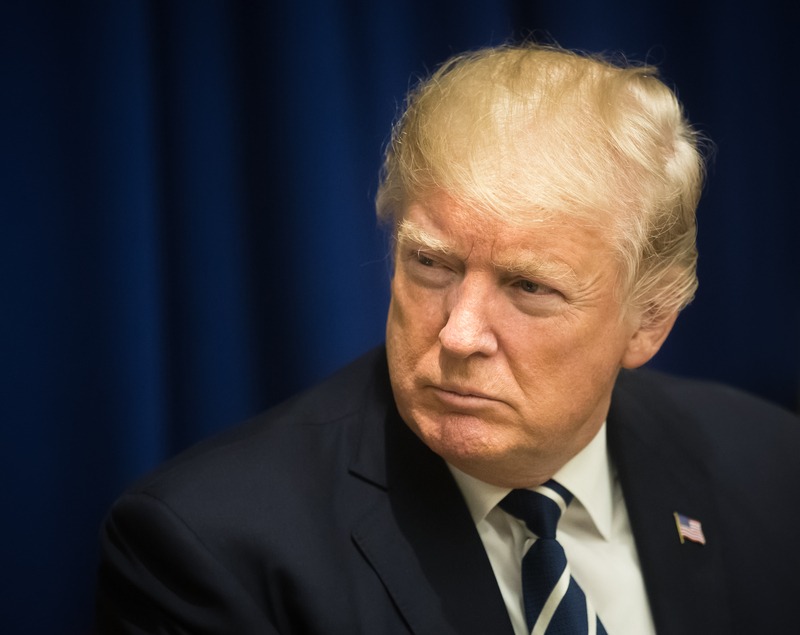President Donald Trump signed an executive order on Tuesday, March 25, aimed at reinforcing proof of citizenship requirements for voter registration nationwide.
This order marks a pivotal change in federal election policy and may significantly influence the process by which Americans register to vote, particularly impacting those lacking immediate access to citizenship documents.
Details of the Executive Order
The executive order instructs the U.S. Election Assistance Commission (EAC) to amend the federal voter registration form to mandate documentary proof of citizenship, such as a passport or birth certificate. Currently, the form does not require such documentation.
Additionally, the order stipulates withholding election funds from states that do not comply with this requirement for voters using the federal form to register.
A significant challenge to similar requirements has been a Supreme Court decision requiring states to accept the generic voter registration form provided by the EAC for federal elections. Trump’s order seeks to bypass this by altering the federal form’s requirements.
The order also instructs the Department of Homeland Security to collaborate with Elon Musk’s newly formed Department of Government Efficiency to scrutinize state voter rolls to identify foreign nationals potentially registered. Those identified will be reported to state and local election officials.
The directive further orders the Attorney General to pursue “enforcement action” against approximately 20 states, including several key battleground states, that currently accept mail ballots postmarked on or before Election Day but received after.
Official Responses
In response, EAC Chairman Donald Palmer stated, “The U.S. Election Assistance Commission is carefully reviewing the President’s Executive Order and determining the next steps in enhancing the integrity of voter registration and state and federal elections.” Palmer added that the commission plans to “consult with state and local election officials” as the process advances.
Criticisms and Concerns
The order has raised concerns among voting rights advocates and Democratic leaders. Critics argue that requiring citizenship documentation could disenfranchise legitimate voters, especially those from vulnerable groups.
Colorado Secretary of State Jena Griswold, a Democrat, criticized: “Trump’s executive order is unlawful. It would prevent eligible Americans from exercising their sacred right to vote. The Trump administration is weaponizing the federal government and trying to make it harder for voters to fight back at the ballot box.”
Richard Hasen, an election law expert at the University of California, Los Angeles, described the order as “an executive power grab” in a blog post, warning of its potential to disenfranchise millions. He added, “The aim here is voter suppression pure and simple.”
Voting rights groups express concern about the DHS directive to review voter rolls, arguing that immigration databases are not suitable for this purpose and may incorrectly target naturalized citizens for removal without proper safeguards.
Support from Conservative Groups
Conservative organizations have expressed support for the order. Hans von Spakovsky of the Heritage Foundation’s Election Law Reform Initiative commended the action, stating that President Trump was taking essential steps to reform the election process.
The order also enables states to access federal databases for their voter roll maintenance, a provision likely to be well-received by Republican-led states advocating for stricter voting standards.
Implementation and Legal Challenges
While the executive order proposes significant changes to election practices, its full impact will become apparent as implementation unfolds. Elections in the U.S. are primarily managed by state and local officials, with limited federal involvement. Trump’s order employs various measures, including the threat of withholding federal funds, to encourage changes in election policies.
Parts of the order may face legal challenges as implementation proceeds, especially given existing Supreme Court precedents on voter registration requirements.











